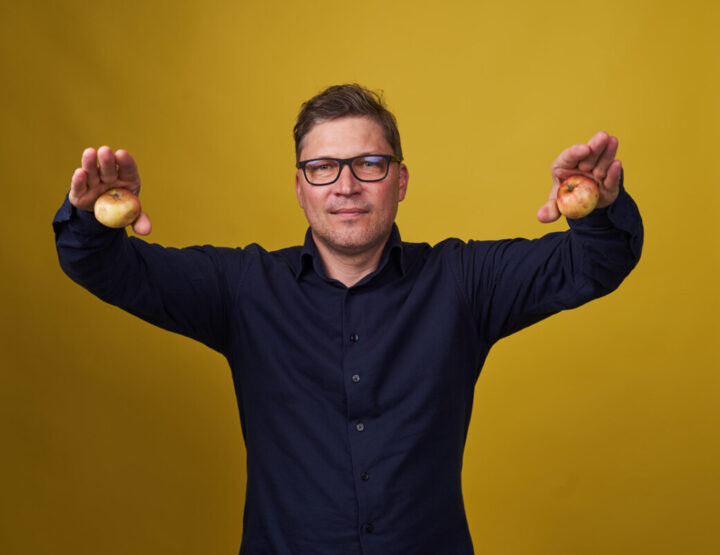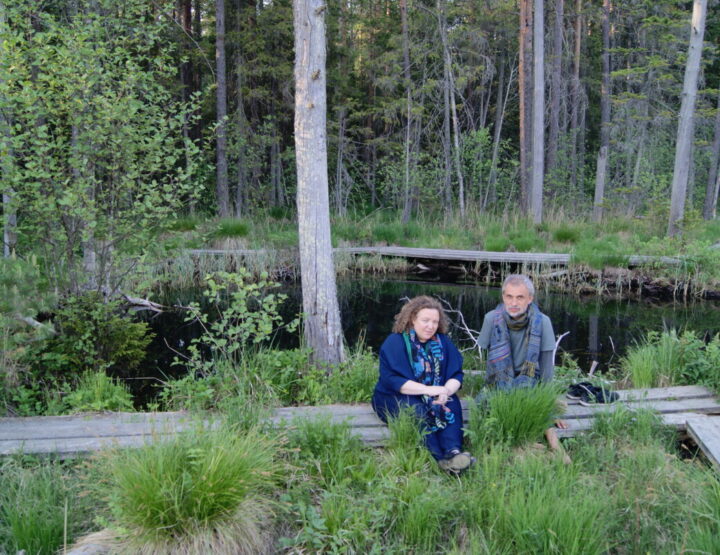I think the time has come to say a few words about poetry anthologies in translation. There are already enough to draw some conclusions. Besides, I am deeply convinced that to express the innermost spirit of a nation and language, a wisely chosen collection of its poetry is a truly efficient means. It is a concentration of a nation’s spiritual and intellectual life, and an excellent representation of a nation to the world.
There are various ways of compiling anthologies: the selection can be made by the authors, by an editor or by a translator; the book may be either comprehensive or cover one certain period; there can be many translators or just one; the poems can be translated directly or by using rough translations; the anthologies can be monolingual or bilingual. In the following seven books, all these versions have been tried.
The Dutch-language From Almost Nameless Shores (1) has only one or two pieces by each author; and represented an experiment with new possibilities as early as 1989. The translations were done in July, the book appeared in December. Early anthologies include the Finnish-language collection of the newest Estonian young poetry at the time (3) and Gisbert Jänicke’s Life is Still New in German (4), where the amount of space dedicated to each author is limited, but an impressive ten poets are included. Considering the variety of translators and editors, the quality of translation is inevitably uneven.
The bulkiest (50 poets) is the recent Russian-language Anthology of Estonian Poetry (6), a classical anthology where the earlier ‘musts’ of the 1990 book of the same title (2) have been supplemented by such poets as Lepik, Laaban, Laaman, Masing, and younger poets from Brockmann to Krull. There are also photographs, facsimiles and commentaries, and even examples in the original language. It is the work of numerous translators, and the whole book, including the design, has clearly been made with much love and care. The same can be said about a cassette-anthology in Latvian by Guntars Godiņš which consists of five books. The book justly received the Cultural Endowment’s translation award. Commentaries are written by Estonian critics, and the translation is trustworthy.
The anthology titled The Freedom of the Potato-Sprouts (7) is in a class by itself. It took almost three years to complete: getting acquainted with the material, choosing, translating, and promoting the book. The initiative came from Germany. Their series called Poetry of the Neighbours already had ten volumes published, and it was decided to dedicate the eleventh to Estonians. The spiritus rector and publisher of the whole series is the German poet Gregor Laschen. The principle ‘poetry translates poetry’ brought together six poets whose work was being translated, and six poets who translated them on the basis of rough translation, with the aim of taking care of every tiny nuance. This intensive meeting took place in autumn 1998. The translators had their own pick from among the poems selected by authors. Several poems thus got several different translations. In some cases, the best were chosen, in other cases up to three different versions were all published – excellent material for a translation seminar. Those involved belong to the elite of contemporary German poetry which naturally guarantees a high level throughout. The anthology is bilingual, illustrated (by Bernd Koberling) and came out in time for this year’s Frankfurt Book Fair. During one week in late October, the book was promoted in Bonn, Mainz, Berlin, Leipzig and Tubingen. The participants included Doris Kareva, Ene Mihkelson, Hasso Krull and myself, plus the translators, as well as German and Austrian musicians.
The long-awaited bilingual anthology of Estonian poetry (with the help of UNESCO) in English is hopefully soon to be published by the publishing house ‘Huma’. The book will be titled The Ship of Wind Has Oars of Light. The authors include Alver, Alliksaar, Masing, Kaplinski, Rummo, Viiding, Kareva, Soomets, and Õnnepalu, with a foreword by Lauri Sommer. Plans are afoot to compile a new, bulkier anthology of Estonian poetry in Dutch/Flemish. ‘Anthology’, after all, means… gathering the flowers.
The circle of those who are really interested in poetry is never very large anywhere. Therefore, it’s essential to know that anyone truly interested has the opportunity to pick up a book in various languages of the world. And Estonian poetry itself is hopefully able to arouse some interest on its own merits.
1. Van haast naamlose kusten. Alliksaar, Alver, Härm, Ivask, Isotamm, Kaplinski, Kareva, Laaban, Lepik, Luik, Masing, Ristikivi, Runnel, Rummo, Talvik, Viiding. Compiled and with a foreword by P.-E. Rummo, translated by Marianne Vogel (on the basis of Mati Sirkel’s rough translation).
2. Antologija estonskoi poezii. Compiled and edited by L. Ruud and E.
Mihhailova, numerous translators. Eesti Raamat, Tallinn 1990.
3. Salatanssia tilantyhjää. Nuoren virolaisen runouden antologia.
Edited and foreworded by E. Nordgren, epilogue R. Veidemann. Väljataga, Õnnepalu, Krull, Trubetsky, Jääger, Sinijärv, Kivisildnik. Translated by I. Tiihonen, L.Krohn, H.Forsblom. Oulu 1990.
4. Das Leben ist noch neu. Zehn estnische Autoren. Eine Anthologie.
Ristikivi, Alver, Rummo, Luik, Kaplinski, Mihkelson, Kareva, Ivask, Runnel, Viiding. Compiled, translated and with a foreword by Gisbert Jänicke. Karlsruhe 1992.
5. Eesti luulekassett läti keeles: Alliksaar, Rummo, Runnel, Kareva,
Õnnepalu. Compiled and translated by Guntars Godiņš. Minerva, Riga 1998.
6. Antologija estonskoi poezii. Compiled and edited by E. Mihhailova;
numerous translators, introductions by I. Belobrovtseva, A. Kaalep,
O. Kruus, T. Liiv, A. Lõhmus, S. Semenenko, K.P.D., Tallinn 1999.
7. Die Freiheit der Kartoffelkeime. Poesie aus Estland. Kaplinski,
Kareva, Krull, Luik, Mihkelson, Rummo. Translated by G. Laschen,
J.P. Tammen, F.Chr. Delius, K. Lange-Müller, R. Thenior, M. Bayer.
Epilogue and rough translation by Mati Sirkel. Edition die Horen,
Bremerhaven 1999.
Gathering the flowers
By Mati Sirkel
–
Share:



